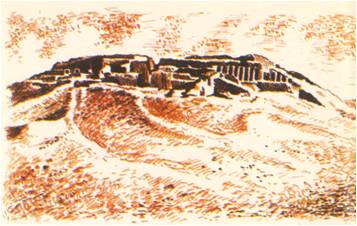BEFORE ELI Whitney invented the cotton gin, Southern plantation owners were beginning to wonder if they should not give up their slaves. There was a good market for cotton; the English were buying all the cotton they could get to make into cloth in their new factories. It took too long to separate raw cotton from the seed and raising cotton simply did not pay. If the plantation owners stopped raising cotton, they would really have no need for slaves. Then after the invention of the cotton gin, raising cotton began to pay — and pay well! Cotton became the …
Read More »The Factory System 1750-1800
THE ENGLISH regarded themselves as a free people — but they did not seem to believe in freedom for others. Many of them were engaged in the African slave trade. They shipped manufactured goods from England to America, carried slaves across the Atlantic to the West Indies and brought cargoes of sugar and cotton back to England. It was against the law to ship slaves home to England, yet there seemed to be no law to prevent ordinary Englishmen from being treated as slaves by their own countrymen. The government did nothing to protect them from being kidnapped and forced …
Read More »Civilization comes to India 3500 B.C to 200 B.C.
For thousands of years during the Stone Age, only scattered groups of people had lived in India. With only the simplest tools of bone, wood and stone, they hunted and gathered food. Cut off from other peoples by the mountain and the sea, the first Indians made few advances in their primitive way of life. Then, sometime between 3500 B. C., new settlers began to appear along the Indus River Valley in northwestern India, a region that would be called West Pakistan thousands of years later. It seems almost certain that these newcomers were from the mountains and plateaus to …
Read More »

